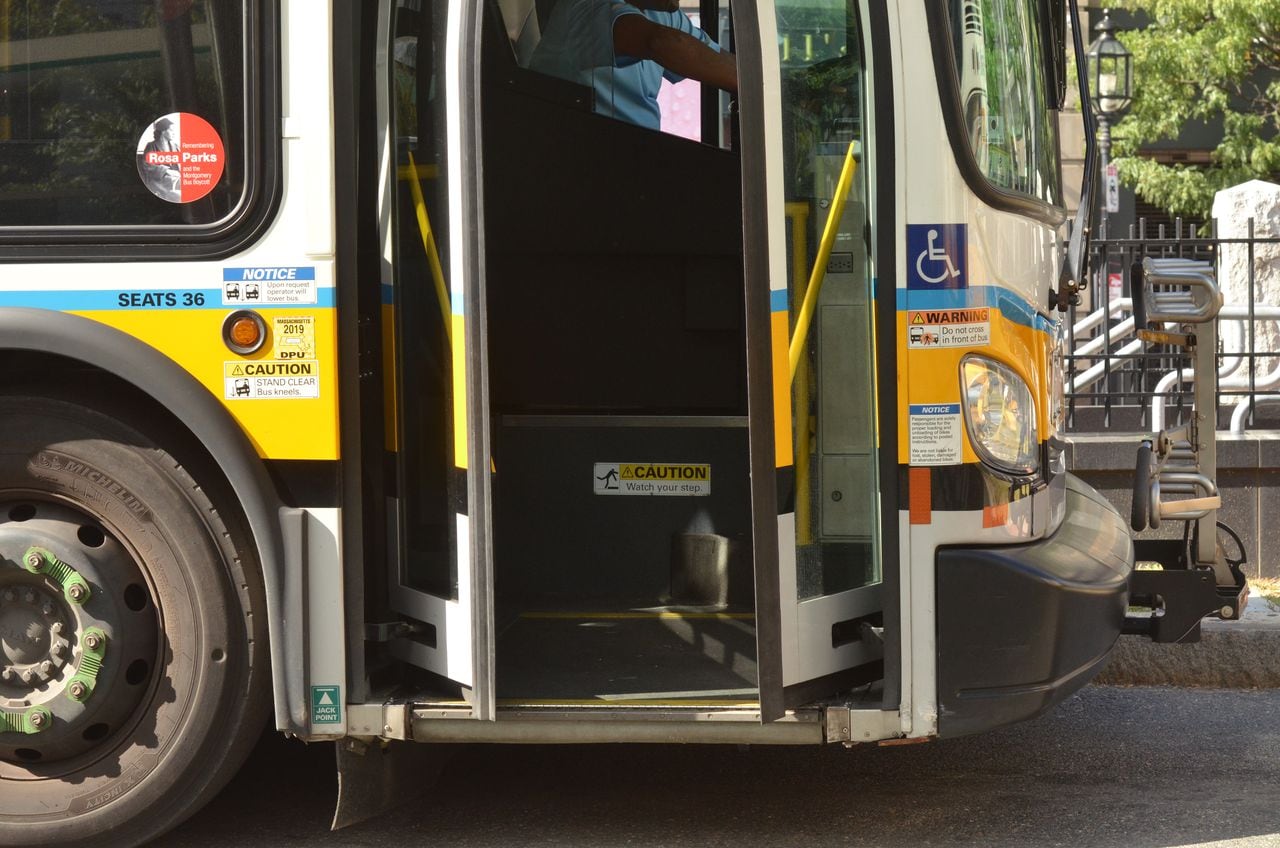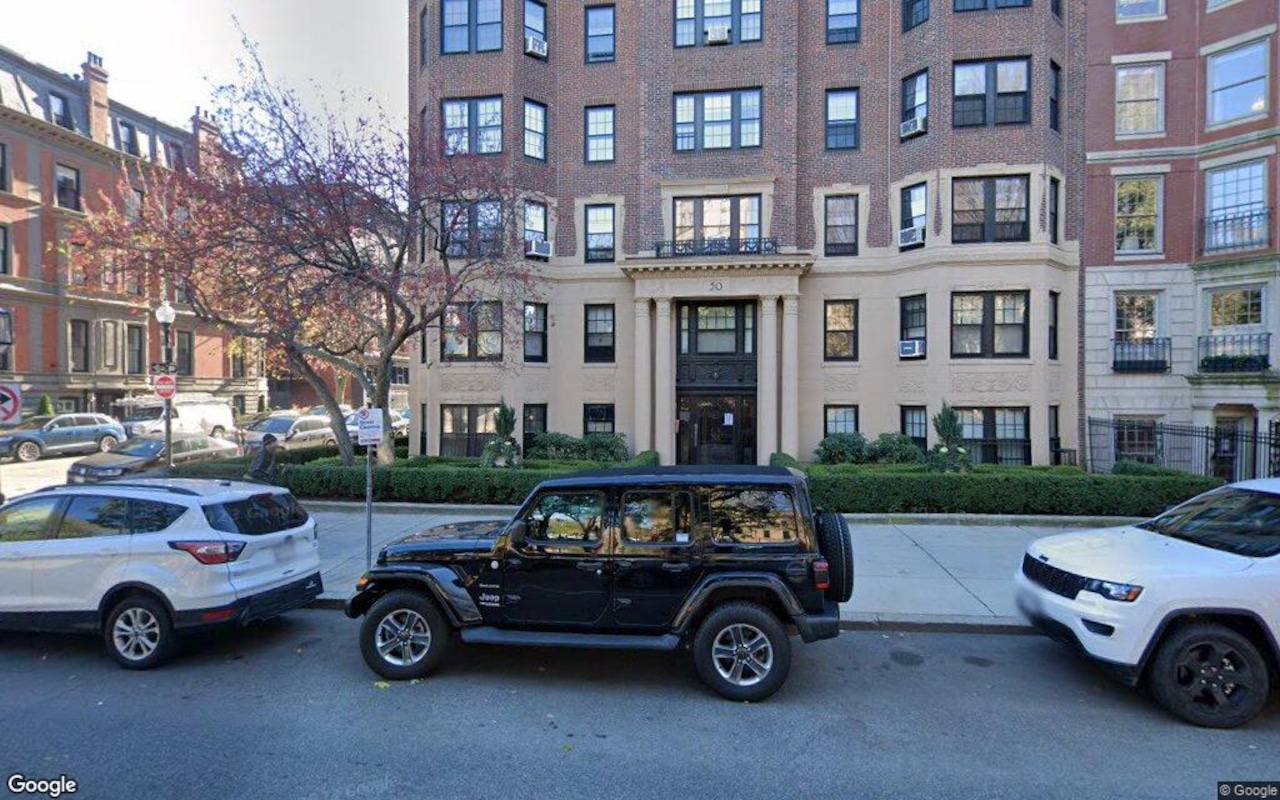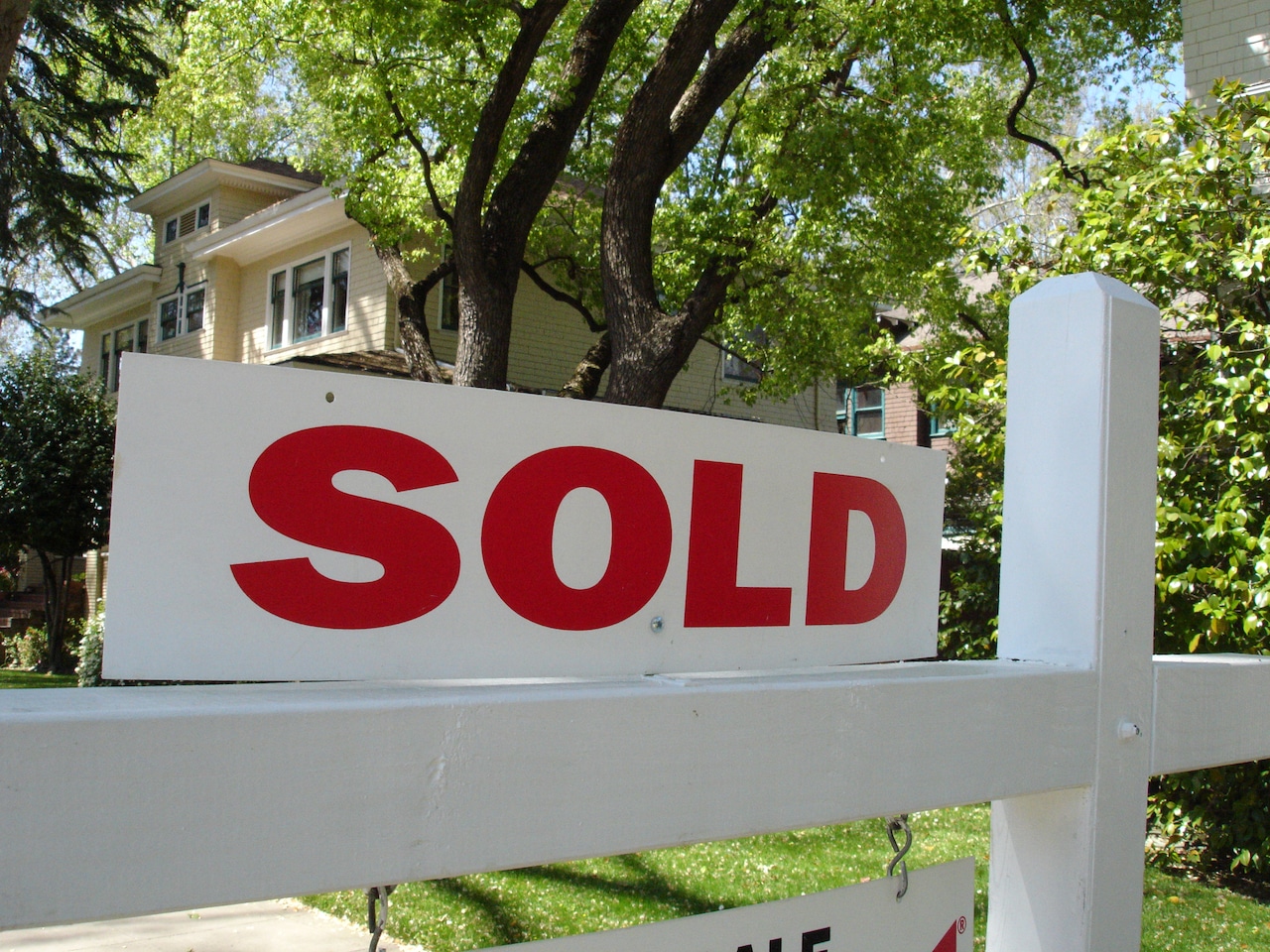
Blue Hill Avenue is getting a makeover — a big one.
On Wednesday, Boston Mayor Michelle Wu, joined by Democratic U.S. Sens. Elizabeth Warren and Ed Markey, along with other officials, announced what they’re describing as a “historic” $44 million “transformation” of the street that links some of the city’s most diverse neighborhoods.
The plans officials announced Wednesday calls for, among other things, a center-running bus lane for the more than 37,000 strap-hangers who travel the traffic-choked corridor every workday, as well as “better define[d]” spaces for drivers and pedestrians that are aimed at improving safety.
That bus lane, along with other road improvements, will speed the path for people who not only take MBTA buses to work, but also to medical appointments and school, state Rep. Russell E. Holmes, D-6th District, who represents the area on Beacon Hill, said.
The reconstruction plan depends on a mix of funds from the city ($18 million), the MBTA ($11 million), and the federal government, the latter coming through a $15 million grant from the U.S. Department of Transportation’s RAISE program, officials said in a statement.
Taken together, the massive infusion of public cash will underwrite the design and “full reconstruction” of Blue Hill Avenue from River Street north to Warren Street, righting “decades of disinvestment,” officials said.
“This substantial investment in Blue Hill Avenue is a vital opportunity to make the corridor safer and smoother for the residents and commuters who depend on it daily,” Wu said in a statement. “From the majority of commuters in Blue Hill Ave. who are stuck in traffic waiting on the bus, to seniors and families who can’t safely cross the wide roadway to get where they need to go, we’ve heard community feedback that improvements are needed for all road users.”
Short-term improvements aimed at addressing residents “immediate” concerns about the street and its immediate environs will start this spring, Wu’s office said.
Those improvements include repainting crosswalks, improving street lighting, repaving some damaged sections of the avenue, and installing speed humps in neighborhood streets, officials said.
The thoroughfare’s full reconstruction is expected to start in 2026.
- Read More: You can find more information about the reconstruction program here.
The reconstruction effort is the end result of what city officials have described as a yearslong community engagement process that yielded some 2,000 public comments from residents and business owners who spoke out on what they needed from a redesigned Blue Hill Avenue.
Officials said Wednesday that they intend to continue working “block by block” with that same constituency to determine the avenue’s final design.
The reconstruction effort will “make public transit travel through this critical artery safer, more efficient, and more reliable for Black, Brown, and low-income riders,” Markey said, as it reduces traffic congestion and improves local air quality.
Warren offered a similar sentiment, arguing that residents and commuters “deserve the safer, greener and more efficient roadway” that the $15 million in funding from Washington will help to provide.
U.S. Rep. Ayanna Pressley, D-7th District, whose district includes the Blue Hill Avenue corridor, called the reconstruction project long overdue.
“The unjust status quo at Blue Hill Ave has got to change,” Pressley said, adding that “our neighborhoods deserve this kind of generational investment in their health, wealth, and well-being, and I am proud to play a part in the transformation of the corridor.”
Kevin Canty, who runs Walnut Deluxe Cleaners, a community fixture for more than 60 years, at 700 Blue Hill Ave., said much the same.
“An overall facelift is long overdue for this community and hopefully will spark a transformation that I’ve noticed in other communities similar to my own, throughout the city,” Canty said.
The coming investments also will mean “more people will have reliable and safe transportation into Mattapan Square. Our small business and residents deserve this investment,” Boston City Councilmember Enrique Pepén said.






